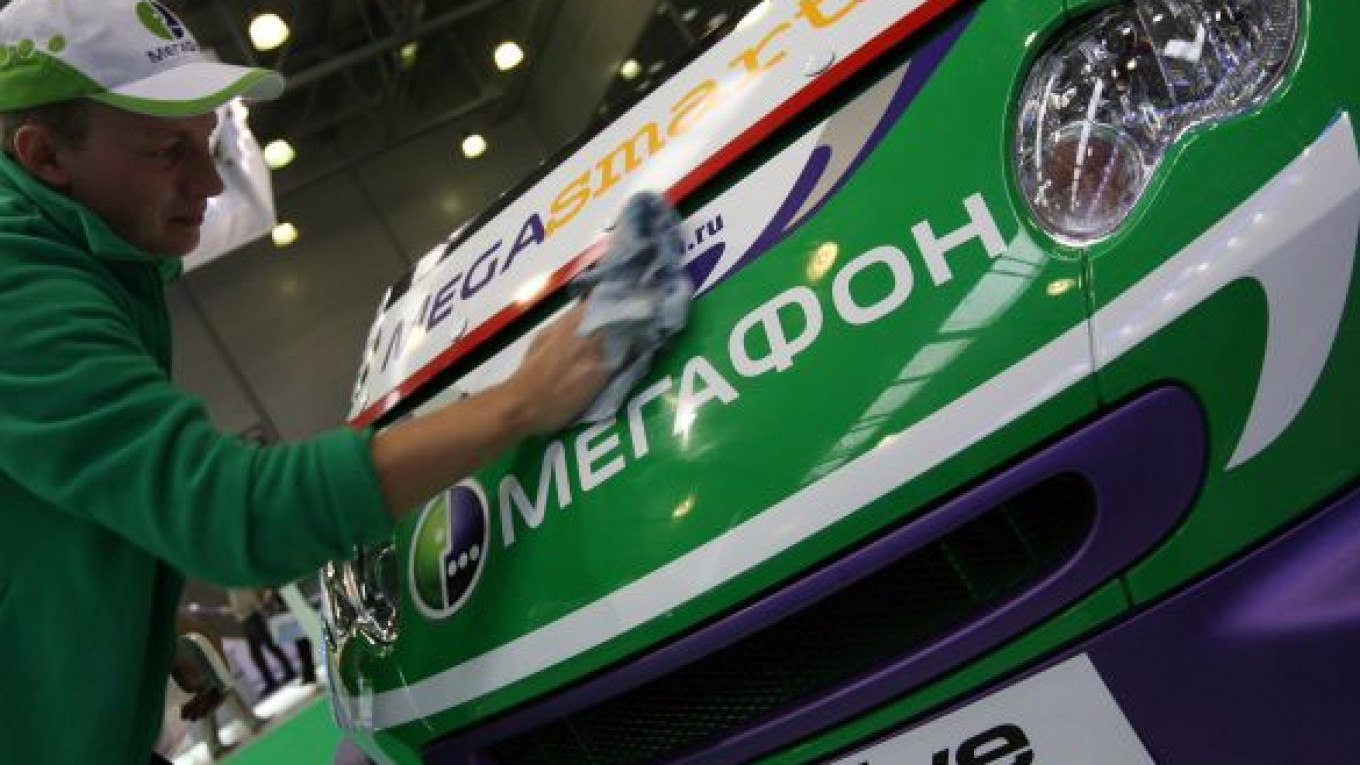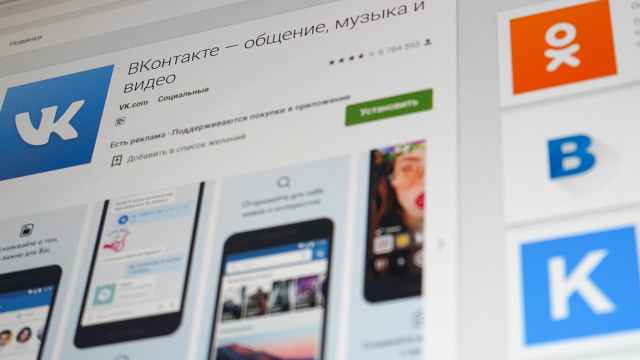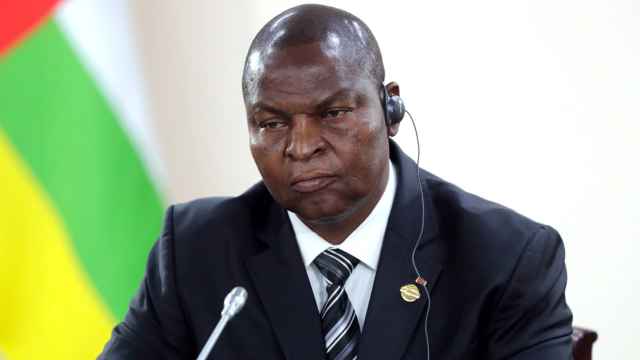Shareholders in MegaFon have agreed a deal that gives control to the country's richest man, Alisher Usmanov, and nets a $3.25 billion payout for Nordic telecoms firm TeliaSonera, more than 18 times its original investment.
Tuesday's deal ends a shareholder dispute over distribution of the group's cash with an agreement to pay out a $5.15 billion dividend to all shareholders and sees the exit from the business of another wealthy shareholder, Mikhail Fridman.
Fridman will sell his 25.1 percent stake for $5.2 billion, with 10.7 percent going to Usmanov and the rest back to the company.
TeliaSonera will sell 8.2 percent of its 43.8 percent stake to Usmanov for $1.45 billion and plans to reduce its holding further under MegaFon's plan to launch an initial public offering in London.
"I'm extremely pleased with this deal," TeliaSonera CEO Lars Nyberg said. "It resolves a long-term issue — that we've never seen a dime from MegaFon." TeliaSonera shares climbed 8 percent on the news.
As a result of Tuesday's deal, Usmanov will raise his ownership in MegaFon to 50 percent plus one share, TeliaSonera will own 35.6 percent and MegaFon will hold 14.4 percent in treasury stock.
In a second stage, TeliaSonera will reduce its stake to 25 percent plus one share through an IPO of up to 20 percent of MegaFon — which would include the sale of treasury stock — that sources said could raise $4 billion.
TeliaSonera said the dividend and stake sale would yield a "fantastic" return on TeliaSonera's original investment in MegaFon of 1.2 billion crowns ($177 million), with proceeds to be used mainly to pay down debt. The dividend and payment for its stake are worth a total 22 billion crowns.
TeliaSonera would not be liable to any capital gains tax on either its stake sale or the planned IPO, it said.
The deal solves a long-running strategy dispute between the three owners in MegaFon that has meant that the cash-rich company has never paid dividends and will position it for the rollout of next-generation 4G mobile services in Russia.
It was reported last week that MegaFon had borrowed $4.5 billion to help finance a buyout of Fridman's 25.1 percent stake, bringing the operator closer to a possible IPO this year.
The statement said Fridman's company, Altimo, will exit from MegaFon and sell its 25.1 percent ownership in two parts: 14.4 percent to a subsidiary of MegaFon for $2.16 billion, while the remaining 10.7 percent will be sold to Usmanov's AF Telecom for $1.61 billion.
TeliaSonera said the shareholders had agreed to work toward an IPO of MegaFon, including a listing on the London Stock Exchange, "as soon as practically possible."
That would involve up to 20 percent of MegaFon's shares being publicly traded, of which TeliaSonera and MegaFon will contribute up to 10.6 percent and 9.4 percent, respectively.
It gave no details of the equity valuation the shareholders eyed, but according to Reuters sources, the IPO would value MegaFon at $20 billion — a premium to rivals MTS and VimpelCom — implying gross proceeds of some $4 billion.
TeliaSonera also has an option to sell 10.6 percent of its shares in MegaFon to Usmanov if MegaFon fails to do an IPO by the end of 2014, based on fair market value.
MegaFon will retain 5 percent of its stock in treasury with a view to possible merger activity, with market attention focused on a possible deal with Skartel, which already operates 4G services in Russia under the Yota brand.
TeliaSonera said it expected to receive 14 billion crowns of its payout from MegaFon in the second quarter in dividends and a sale of an indirect stake of 8.2 percent to Usmanov, with that component of the deal to be paid for over four years.
It also agreed to pay $200 million to Altimo to complete the deal. In total, Altimo will receive $5.2 billion including dividends from MegaFon, the firms said.
Altimo said in the statement that it would continue to work with TeliaSonera in resolving ownership disputes in Turkish operator Turkcell.
A Message from The Moscow Times:
Dear readers,
We are facing unprecedented challenges. Russia's Prosecutor General's Office has designated The Moscow Times as an "undesirable" organization, criminalizing our work and putting our staff at risk of prosecution. This follows our earlier unjust labeling as a "foreign agent."
These actions are direct attempts to silence independent journalism in Russia. The authorities claim our work "discredits the decisions of the Russian leadership." We see things differently: we strive to provide accurate, unbiased reporting on Russia.
We, the journalists of The Moscow Times, refuse to be silenced. But to continue our work, we need your help.
Your support, no matter how small, makes a world of difference. If you can, please support us monthly starting from just $2. It's quick to set up, and every contribution makes a significant impact.
By supporting The Moscow Times, you're defending open, independent journalism in the face of repression. Thank you for standing with us.
Remind me later.






